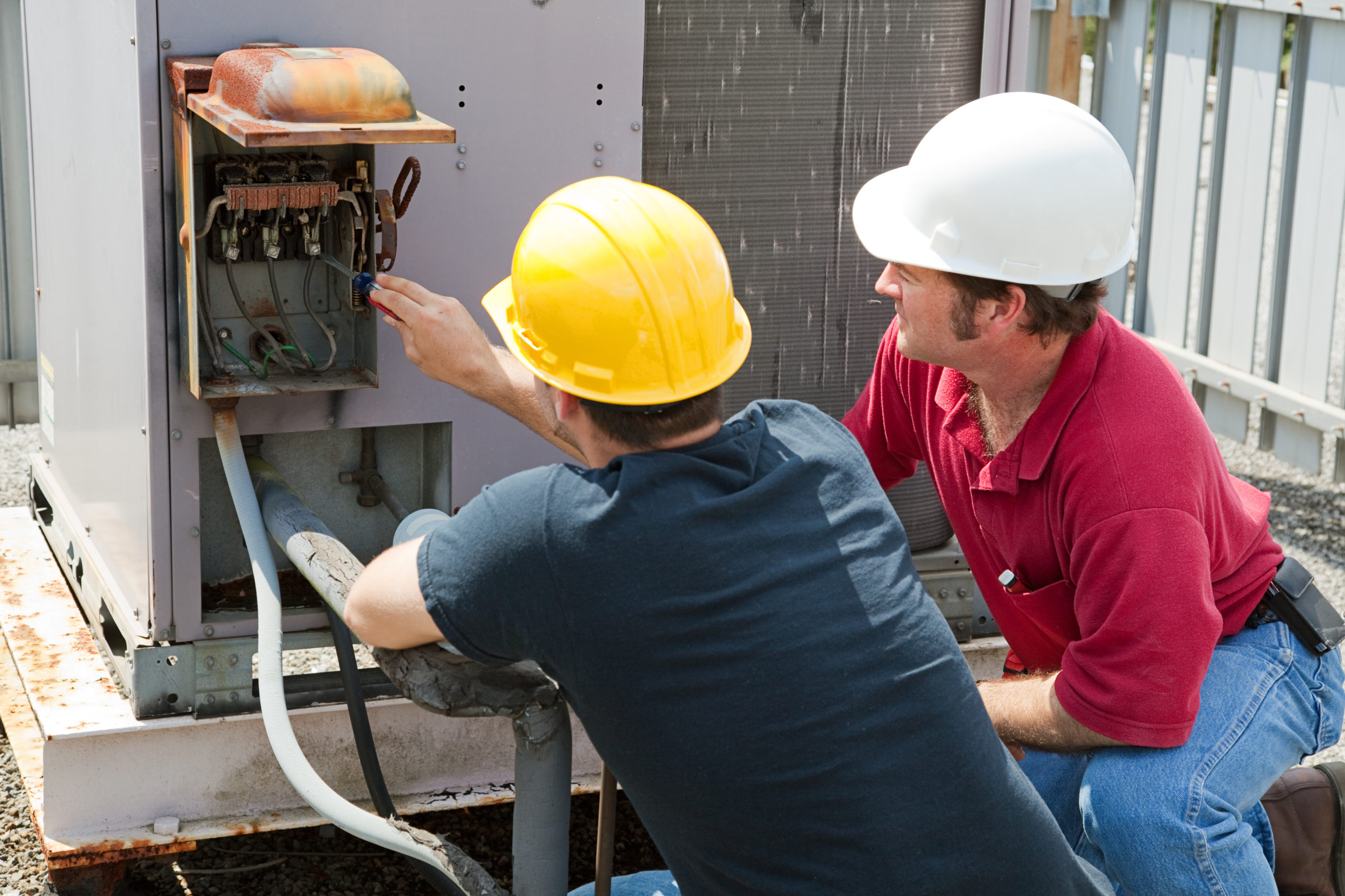Starting a new career can be both exciting and intimidating. This is especially true in the skilled trades industry, specifically when it comes to interacting with and servicing HVAC systems. There’s a combination of hands-on skills, theory, safety issues, technical knowledge, and an understanding of regulations that techs need to know before setting foot on a job site.
For beginners new to the industry, HVAC training 101 courses are obviously the place to start your new team’s learning. And thanks to companies like Interplay Learning, the learning process doesn’t have to be intimidating or difficult. Interplay offers next-generation online HVAC training courses that are comprehensive, thorough, and safer than on-the-job training in the form of virtual reality (VR) and 3D simulations.
Mid-Florida Heating & Air Turns Green Techs Profitable in 90 Days
With New-Hire Training from Interplay Learning
Here’s a little taste of the HVAC training 101 courses Interplay has to offer that make a great starting point for any aspiring technicians:
Intro to Refrigeration Systems
When it comes to learning a new skill or trade, it’s important to start with the basics so there’s a foundation to build upon. For HVAC training, that means starting with simpler systems, like refrigeration and air conditioning units.
With Interplay Learning’s Introduction to Refrigeration Systems course, your team will be gradually introduced to industry-specific terminology, new diagrams, and real-world examples so they can learn the fundamentals of HVAC systems. The course consists of nine how-to videos and nine quizzes, with all the resources and guides a student needs for successful completion. This course covers principles such as:
- The Baseball Diamond: The four fundamental components of a refrigeration system.
- Simple A/C System: Compare and contrast different A/C systems and understand the foundation of all HVAC systems.
- Introduced Terminology: Industry specific verbiage as it relates to pressure, temperature and other parts of a system.
- Real-World Examples: Understand how you can apply the training you have learned up to this point and how it applies to real HVAC systems.
Basic HVAC Tools
Going into a skilled labor career without understanding the tools used is like walking around in the dark. To build a team of successful technicians, they’ll need to understand the function and purpose of the basic tools used by HVAC techs.
Interplay Learning’s Basic HVAC Tools course will teach them everything they need to know about the basic tools in a tech’s toolbox, including multimeter, gauges, wrenches, pipe benders and wire cutters. The course consists of 12 videos and 12 quizzes to make sure you are prepared with all the tools they’ll need to get the job done. Throughout this training you’ll learn about:
- Basic Tools: This section includes an introduction to hand tools, piping tools for cutting and bending, cordless and sheet metal tools, and other low level tools.
- Meters and Measurement Tools: This includes multimeters, digital and IR thermometers, manometers, anemometers and other pressure gauges.
- Safety Tools: This section is designed to instill the importance of jobsite safety and all necessary personal protective equipment (PPE).
Leak Detection and Evacuation
Understanding the different systems and tools you’ll need is the necessary foundation of any maintenance tech. Next, teams will need to learn about how to apply those principles. As an HVAC tech, one of the fundamental skills that needs to be understood is leak detection and evacuation.
Interplay Learning’s Leak Check and Evacuation course covers the pros and cons of three different methods for leak detections along with safety tips throughout the learning process. Additionally, you’ll get to explore how systems are evacuated and the industry best practices. This course offers 13 lessons and 12 quizzes on the following information:
- Nitrogen Leak Testing: In this testing method, the technician will pump nitrogen and listen for the audible pressure leak.
- R22 as a Trace Gas: Technicians can pump the system with R22 refrigerant and use a refrigerant leak detector to locate any R22 on the outside of the system.
- Leak Testing by Vacuum: This process requires techs to vacuum the moisture from the system and determine if the system can maintain a consistent pressure within the vacuum.
- Leak Detection and Repair Tips: In this section you’ll get helpful information regarding safety, leak identification, and whether or not a repair is necessary.
- Fundamentals of Evacuation: Evacuation is a mandatory process when repairing a leak, in this section you can learn the various evacuation processes including the Multiple Evacuation Procedure.
HVAC Maintenance
A well-maintained HVAC system ensures peak efficiency. Annual maintenance such as cleaning, voltage checks, condensate removal, and burner inspections are required to achieve maximum efficiency and avoid major issues. Interplay’s HVAC Maintenance course covers the maintenance needed on:
- A/C Systems:Techs can learn to problem-solve through coil cleaning, electrical checks, refrigerant charge verification, leak detection, airflow checks, condensate removal and heat pumps, etc.
- Heating Systems:Techs will be introduced to proper fuel input, burner inspections, CO testing, airflow testing, vent inspections, and fixing hydronic heating systems like hot water boilers and steam boilers.
HVAC Training 101 with Interplay Learning
Whether you have a single “green” technician to train or a whole team of them, Interplay Learning has all the beginner training courses that they’ll need to be successful. Interplay Learning’s unique training model offers next-generation virtual reality (VR) and 3D simulations, coupled with gamification initiatives, for the best way for techs to apply new skills before working on real-life HVAC systems. Read more about how a programmer made a career switch to HVAC technician in our blog post.
Ready to turn your new technicians into experts?








